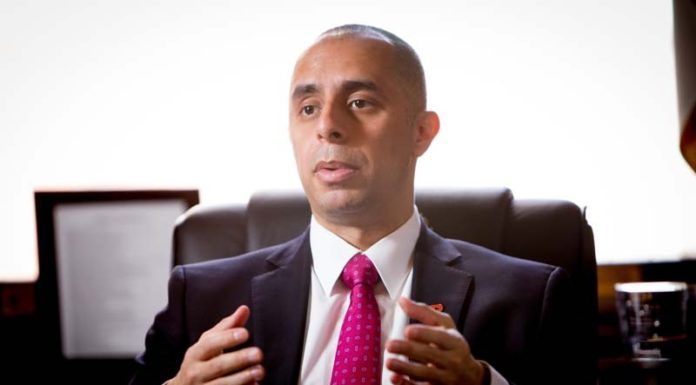PROVIDENCE – Exactly what constitutes racial reparations – and who should receive them -has been the looming question since Mayor Jorge O. Elorza announced plans for a city racial reparations program in July 2020.
That question is still not answered, but may become clearer soon when a 13-member group of city residents, researchers and advocates submit recommendations on reparations. Elorza announced on Monday the formation of the Providence Municipal Reparations Commission, which will have 90 days to come up with a report recommending ways the city can “begin repairing harm” of racial inequity through reparations and other community engagement measures, according to the mayor’s executive order.
“”While we know the city alone cannot repair the full scope of harm, today’s action brings us another step closer to addressing the disparities our African heritage and Indigenous residents continue to face.,” Elorza said in a statement. “I’m confident that this commission of community leaders and advocates will provide invaluable insight into creating a path forward that’s right for our community.”
The commission’s formation marks the third and final stage of the three-part reparations program, which also included a “truth-telling” or historical education and reconciliation process.
Also on Monday, the city unveiled its plans for a reconciliation framework, which offer ways for community members to discuss and engage with the city’s history around racial discrimination and inequity. The 74-page report recommends a $300,000 initial investment in various online and in-person activities, including public art installations, an online computer portal, documentary and a designated city walking/driving tour, to help promote engagement and discussion.
“Our approach still aims to invite the entire community into a conversation that arrives at a shared understanding of the truth and a shared vision for racial healing,” the report stated.
This includes promoting the findings of the nearly 200-page “truth-telling report” detailing the state’s 400-year history of abuse, discrimination and mistreatment of Native American and Black people. Though the historical document was published almost a year ago, more than half of city residents surveyed in December had never heard of it, according to the report.
“By engaging those who have been directly impacted by actions outlined during our Truth Telling phase, this framework demonstrates that history isn’t something that just happened in the past but is actively shaping present-day outcomes for African heritage and Indigenous Providence residents,” Elorza said in a statement.
While education and interactive community gatherings are a key part of the healing process, those steps are meaningless if not also accompanied by tangible reparations -financial or otherwise- to address this longstanding history of discrimination, according to the report.
“Coming to a shared understanding of the truth means nothing if that shared understanding does not compel us toward collective action,” the report stated.
Specifically, the city should make reparations that address racial disparities in housing, education, the legal system and economic opportunity, which were the top areas in which residents felt they faced racially-based discrimination, according to the report.
The report was paid for with a $100,000 grant from the Nellie Mae Education Foundation, and developed in concert with Roger Williams University, the Providence Public Library and the Providence Cultural Equity Initiative.
The municipal reparations commission will include seven members appointed by Elorza, and six appointed by the Providence City Council. Elorza’s appointees are: NAACP President Jim Vincent, Providence Cultural Equity Initiative CEO and Founder Raymond Two Hawks Watson, College Unbound lab faculty Wanda Brown, Rhode Island Pride President Rodney Davis, 25 Bough St. CEO Lanre Ajakaiye, RISD assistant professor Jess Brown; and CareerDevs Computer Science Institute CEO Arnell Millhouse.
(SUBS last paragraph to correct spelling of Wanda Brown.)
Nancy Lavin is a staff writer for PBN. Contact her at Lavin@pbn.com.














What a Crock! Who voted for this guy! Oh yeah, right, now I get.